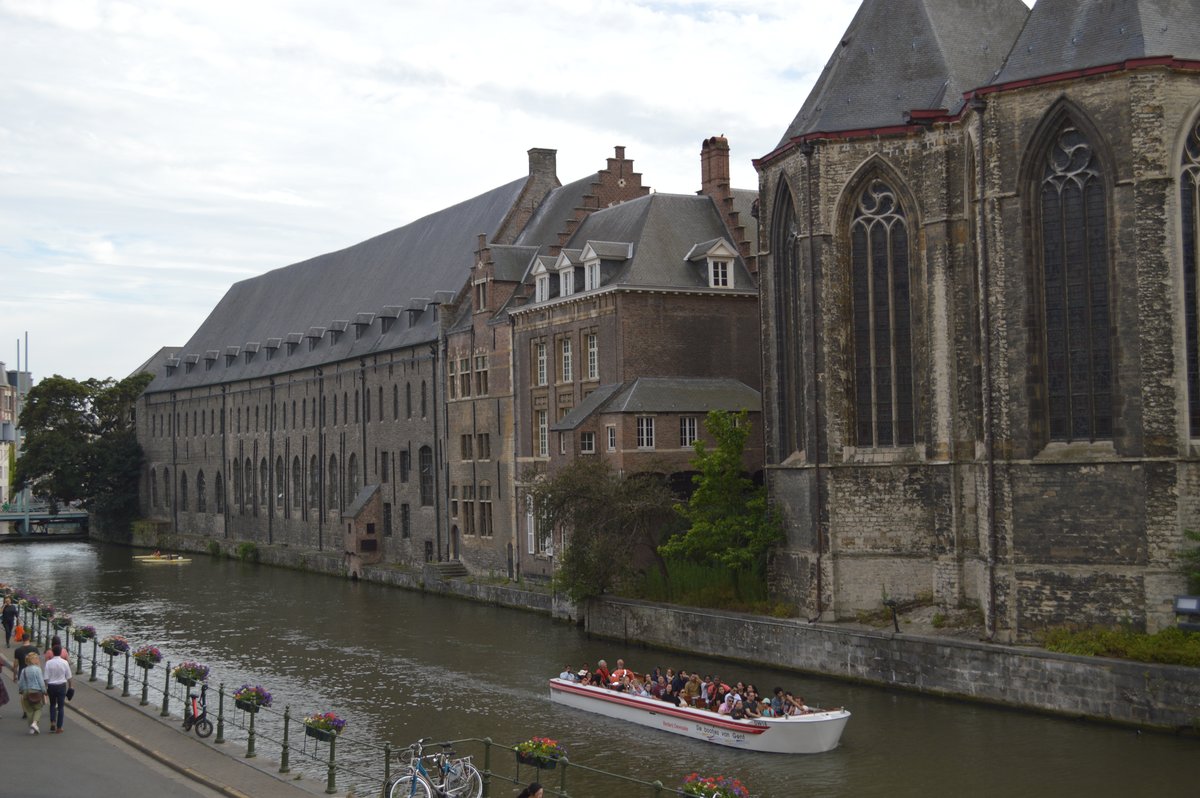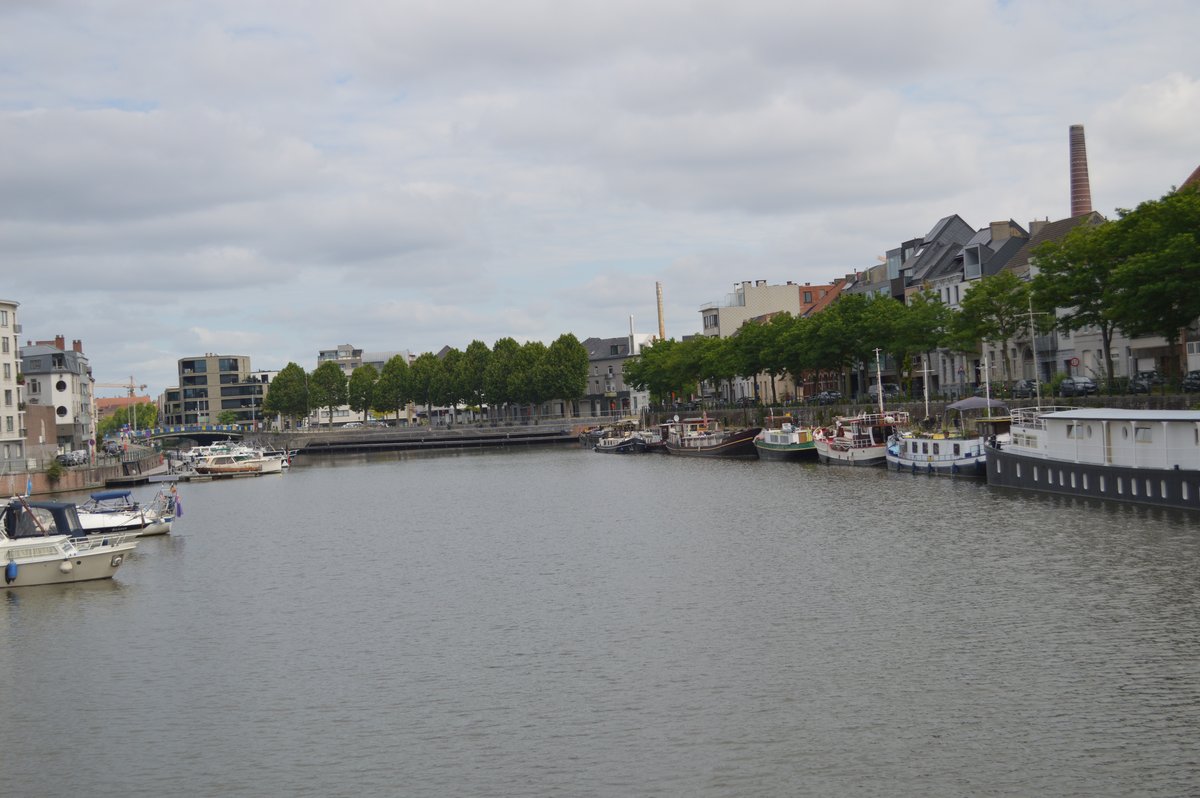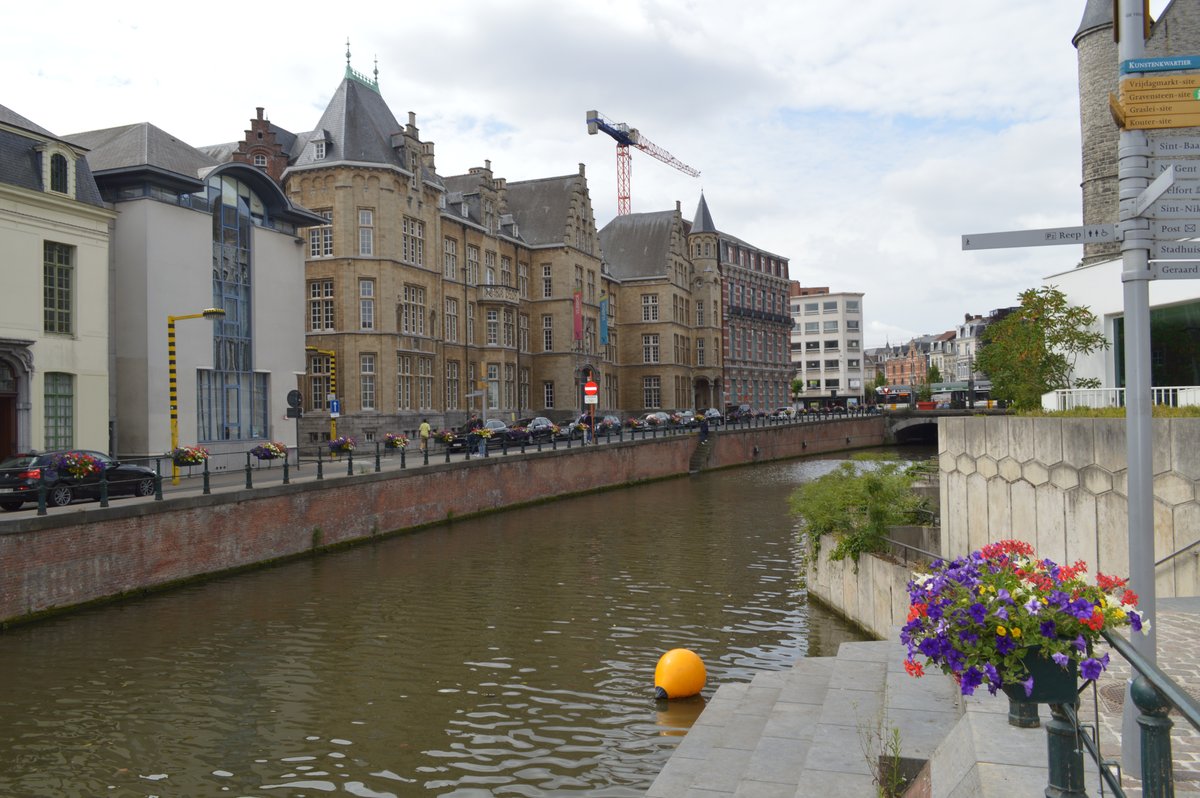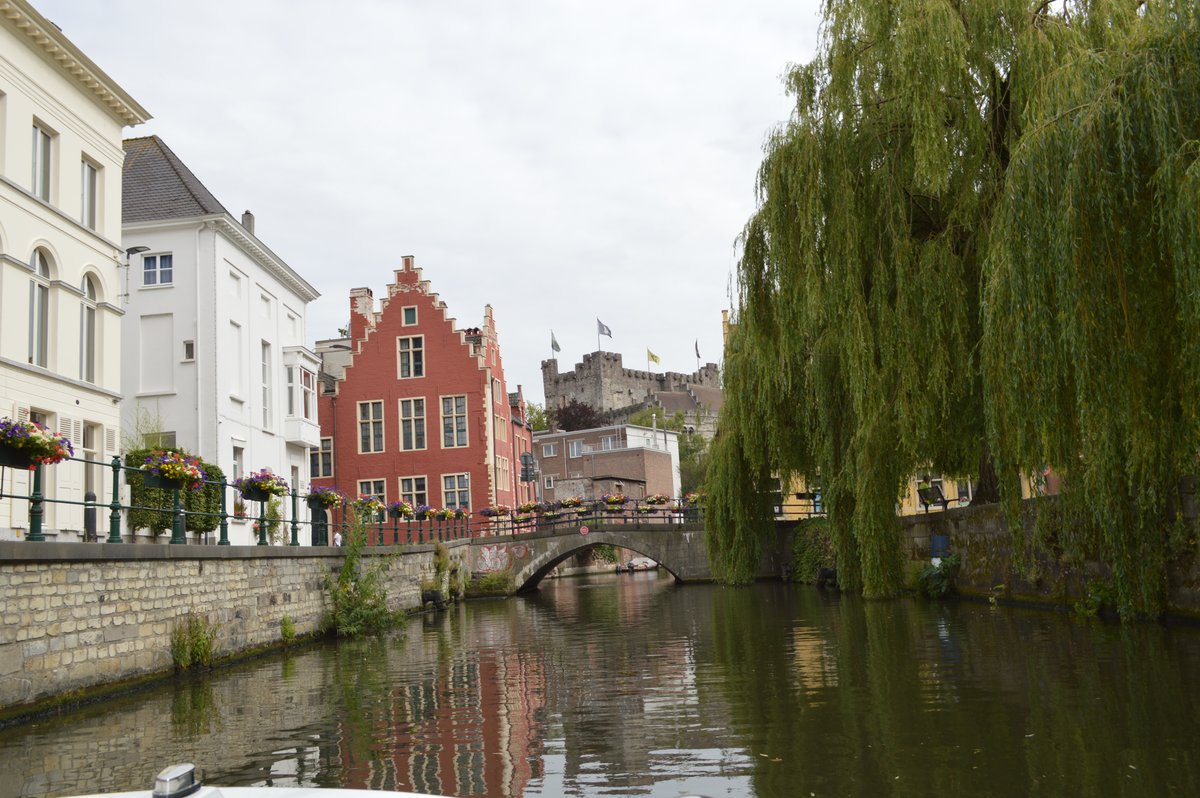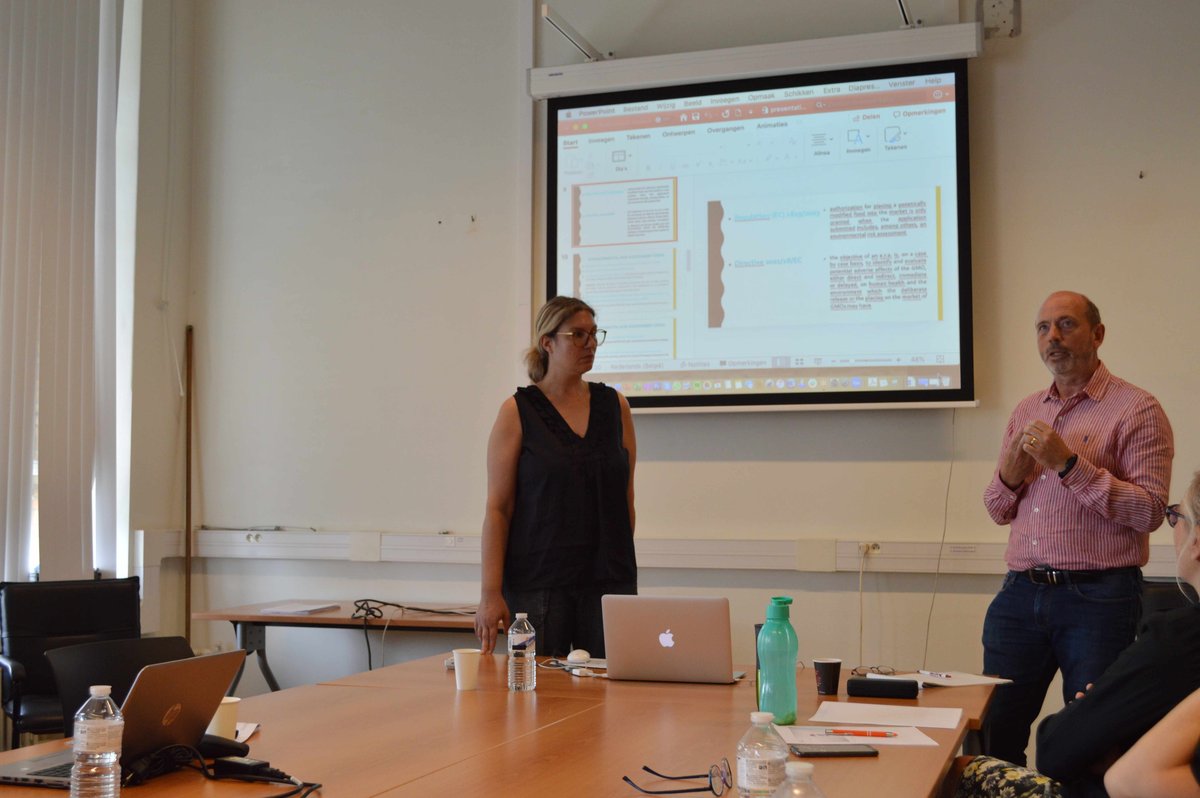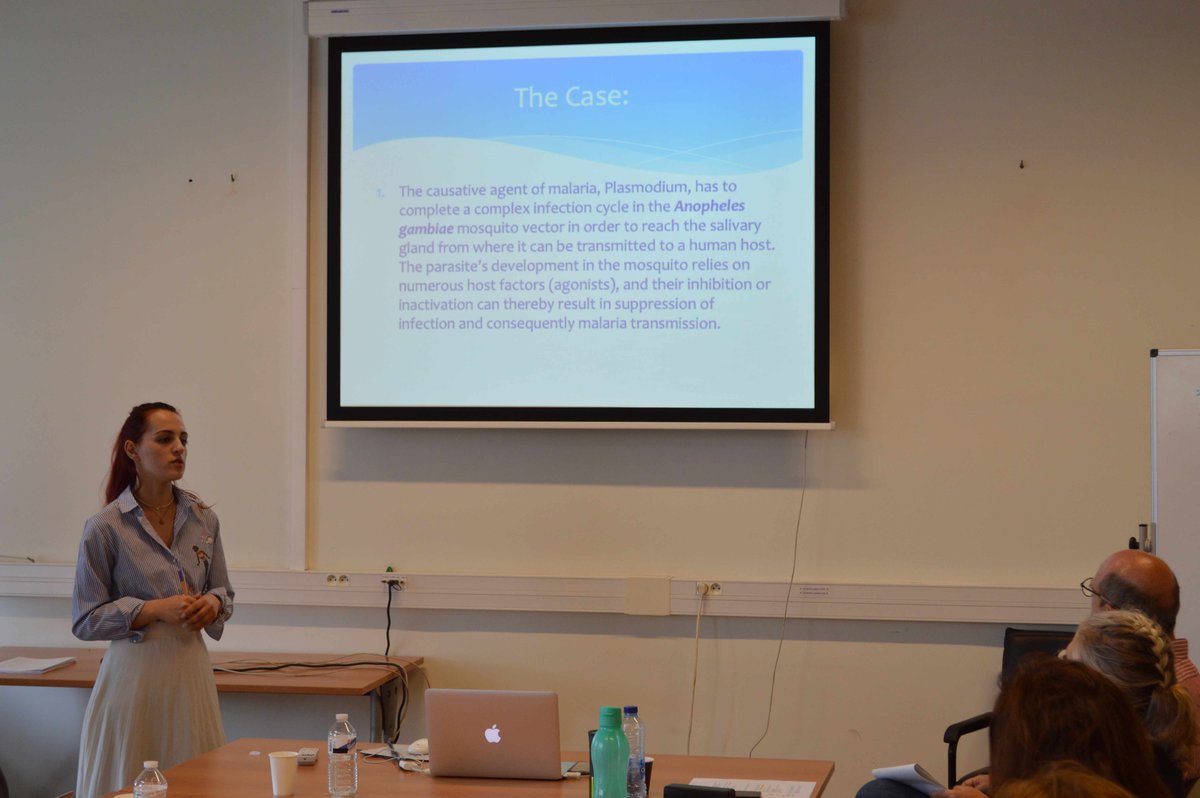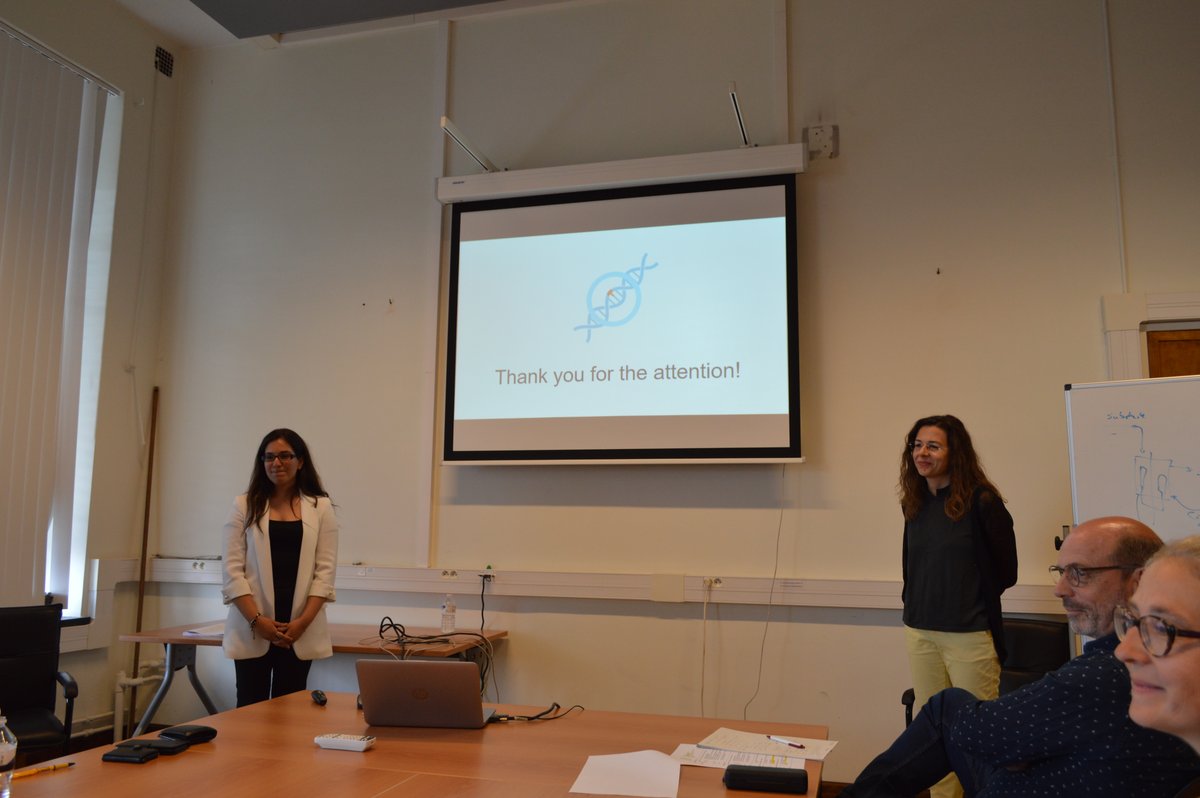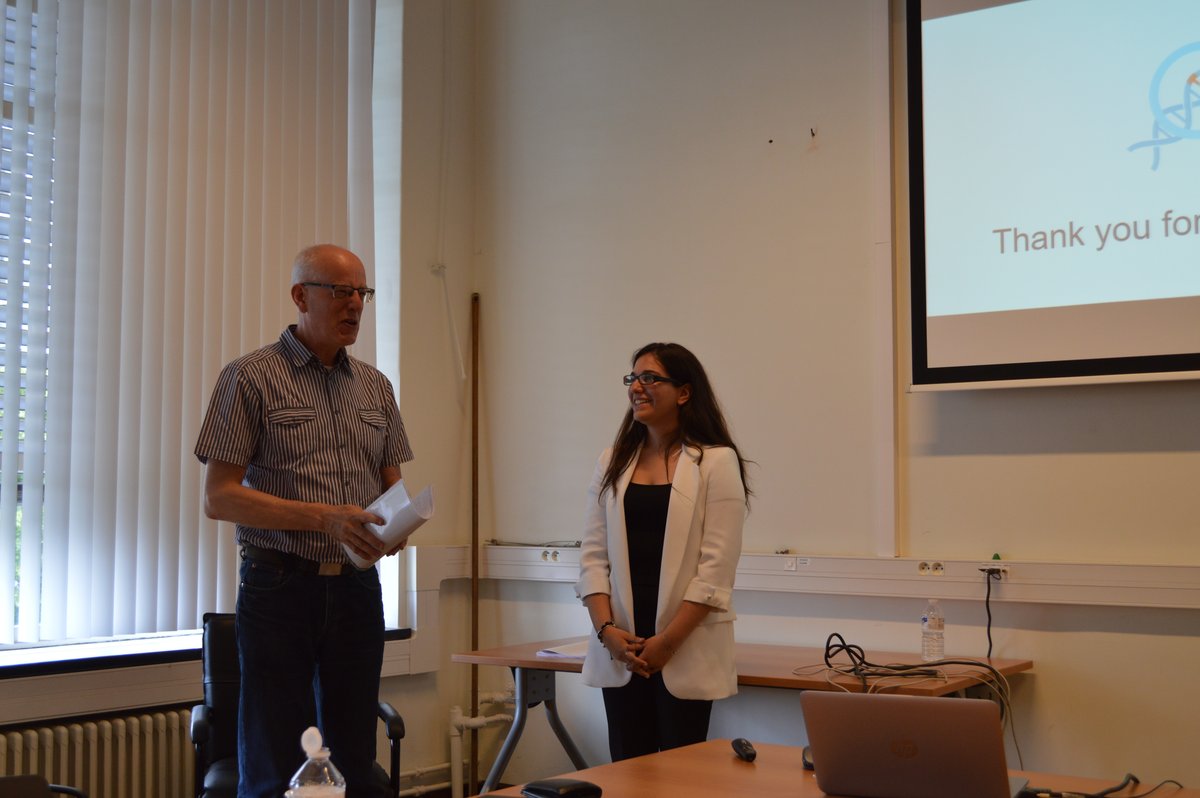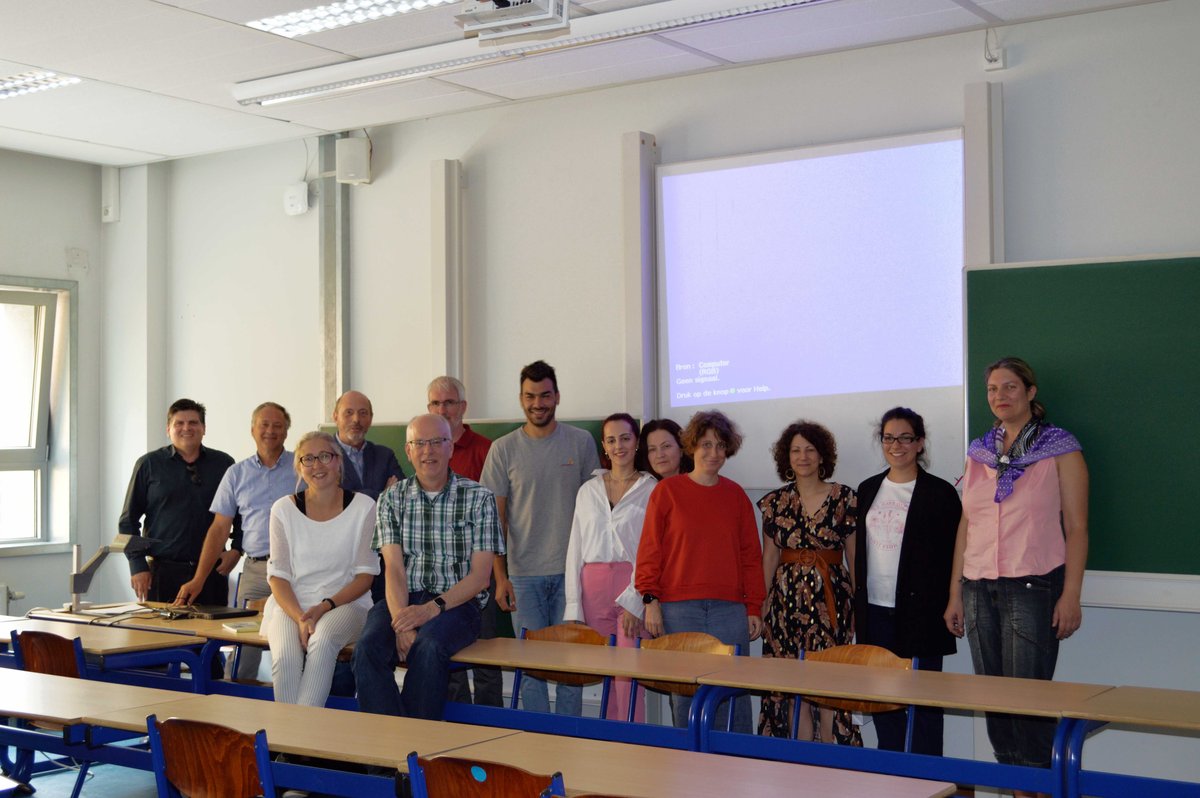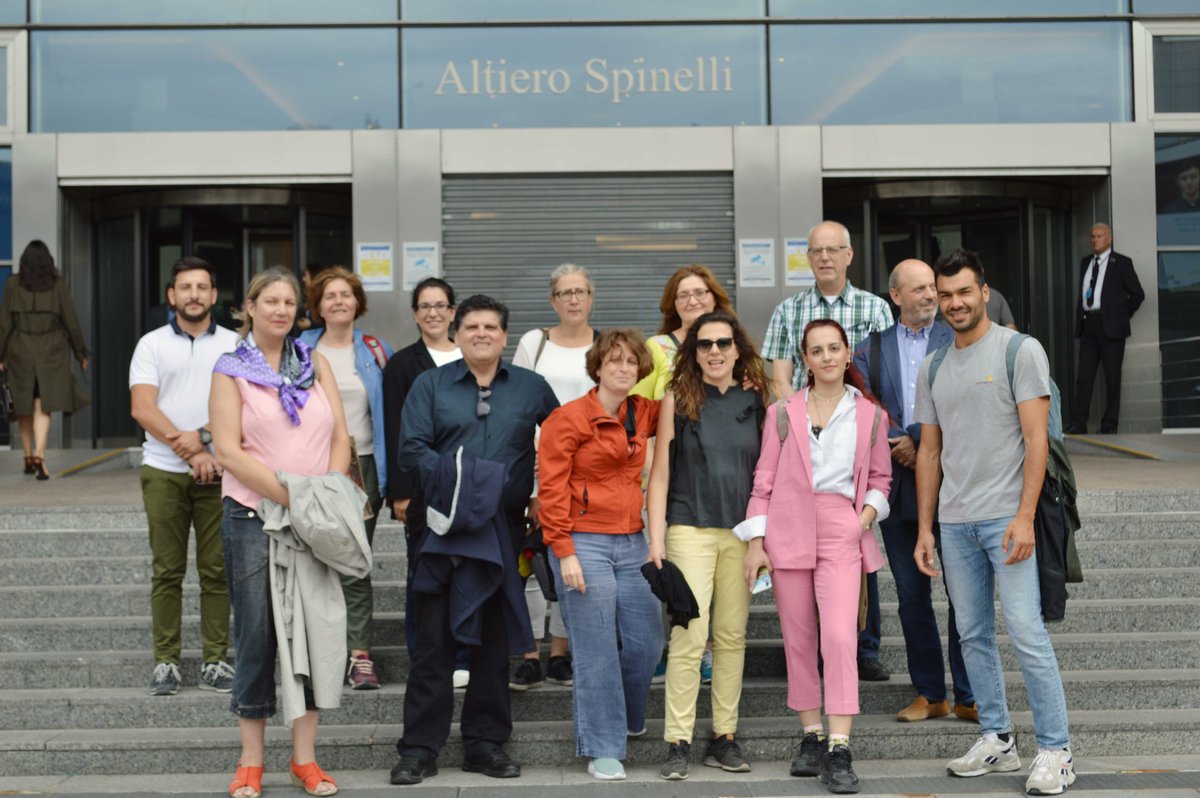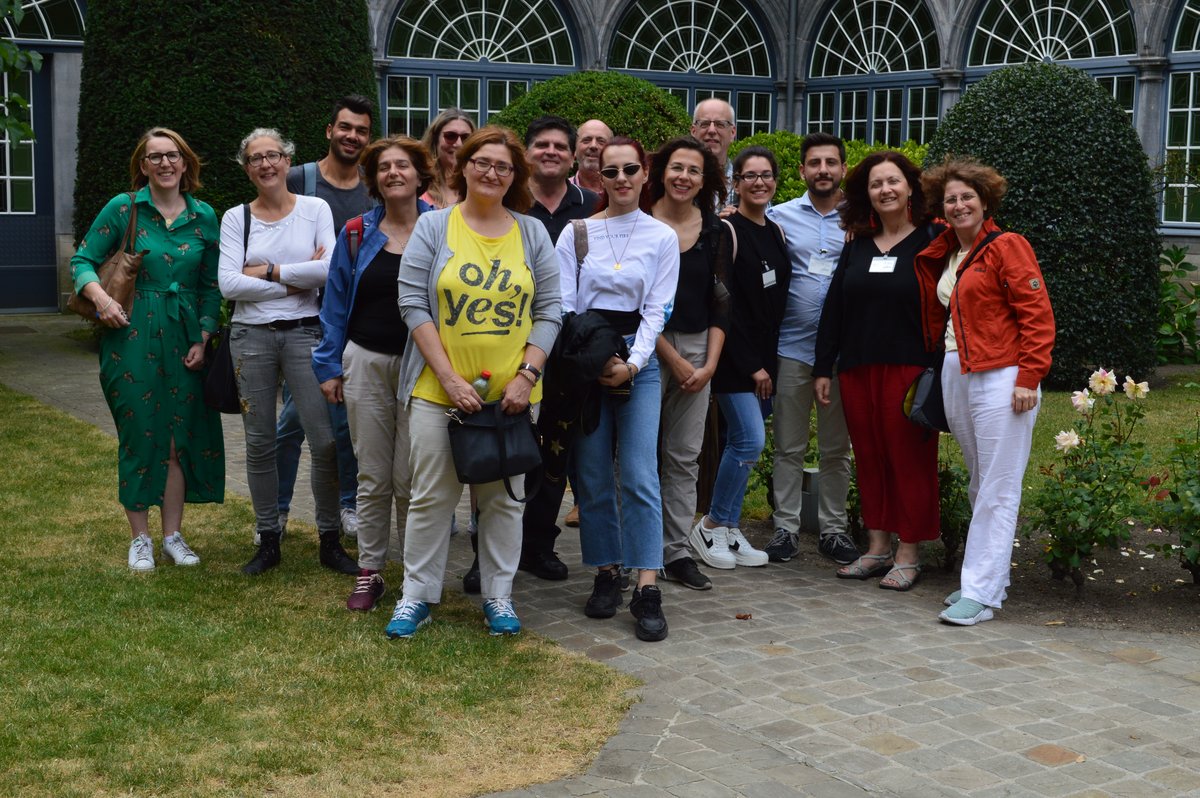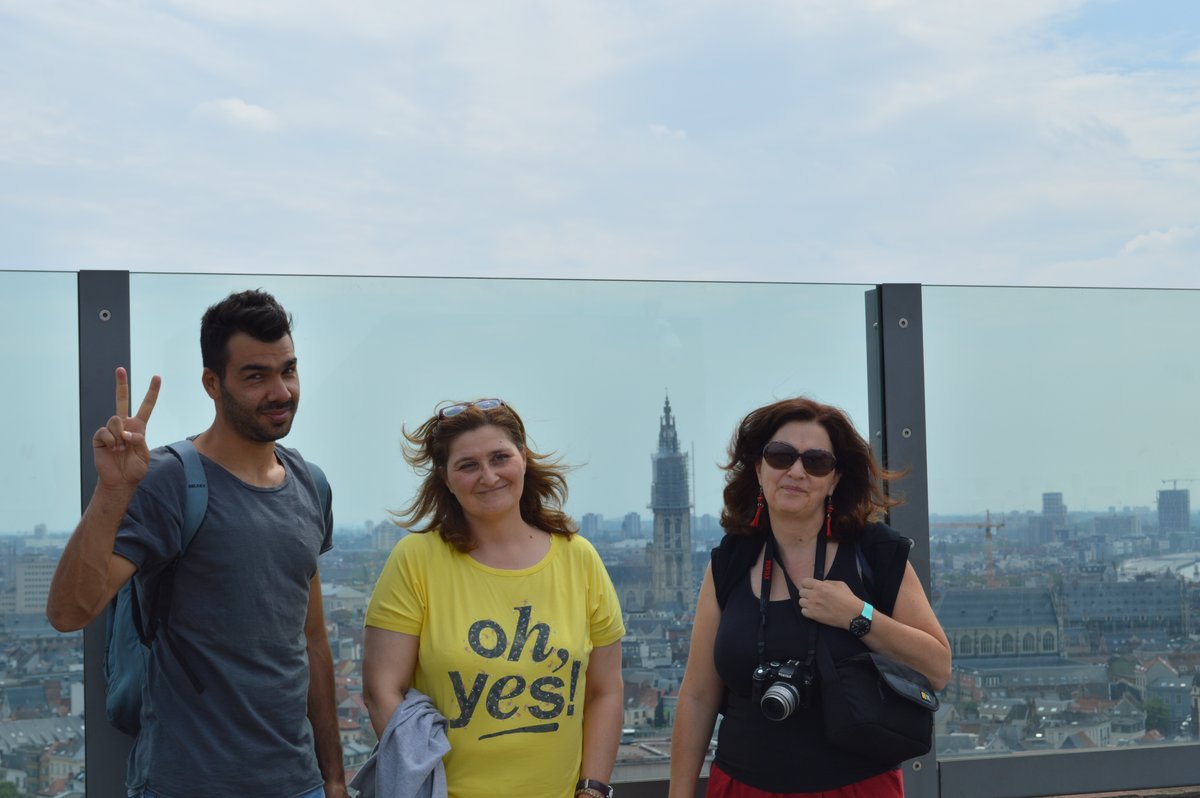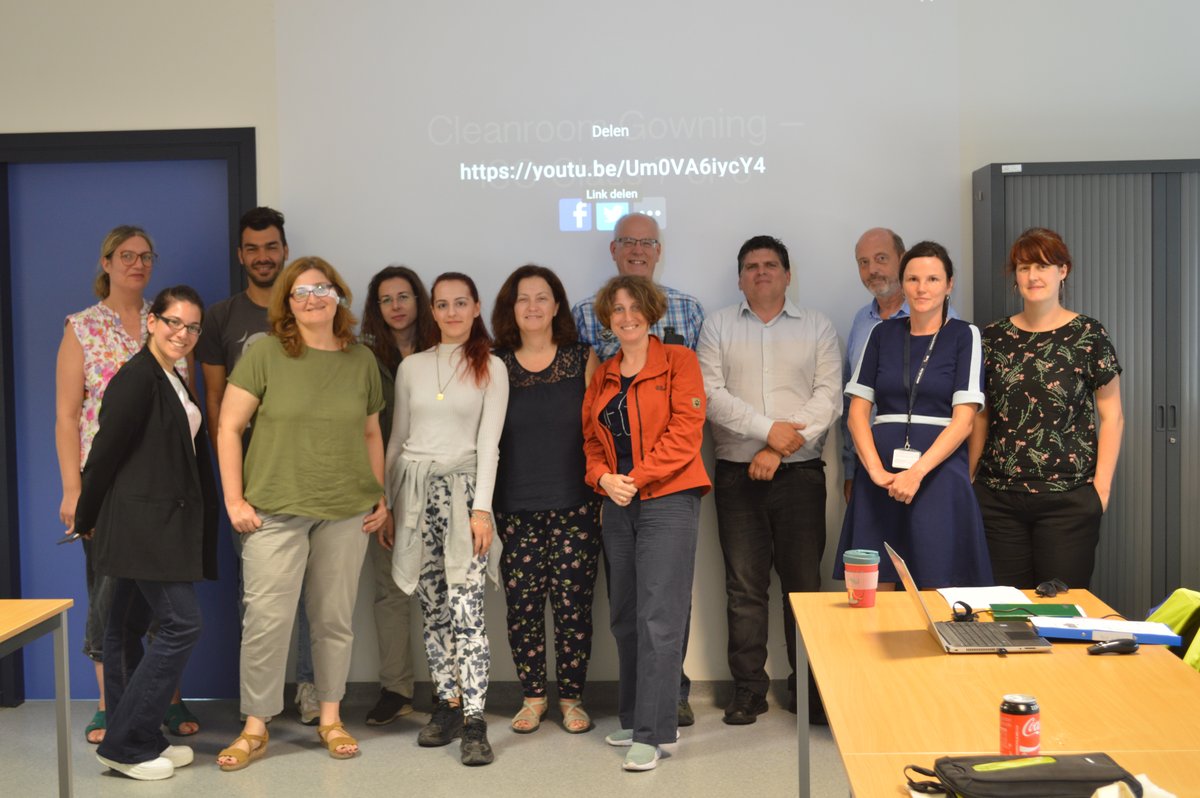Overview
The MSc in Bioeconomy: Biotechnology and Law Programme is being offered by the School of Humanities, Social Sciences and Economics of the University Center of International Programmes of Studies of the International Hellenic University. The programme is designed to provide knowledge and develop skills for those occupied in public or private services dealing with the consultation, management, studies of Biotechnological products and processes and willing to be involved in Bioeconomy.
The programme is interdisciplinary and it has primarily a practical purpose. It provides legal and management expertise, directly usable in all groups of scholars, those with legal education, business and economical background and those trained in relevant scientific and technological disciplines. The programme is directed to students and executives who desire to expand their specialization in the relevant fields. The courses are taught exclusively in English. The programme is also available in distance learning mode.
The Programme aims are:
- The provision of knowledge and skills based on the most modern and innovative developments in Biotechnology, directly linked to the field of Bioeconomy
- The understanding and implementation of the basic regulatory rules and laws governing the production and promotion of biotechnological products, as well as the provision of services directly related to biotechnological applications in the fields of Biomedicine, Genetics and Pharmacy
- The understanding and implementation of key regulatory rules and legislation related to biosafety issues for humans and the environment
- The provision of the basic technical and economic knowledge necessary to manage and promote biotechnological products and services
- The provision of interdisciplinary education in the field of Bioeconomy, which at the same time allows the development of all the skills required in the modern labor market at the international level
Official Government Gazette:

Start date: November 2025
Application deadline: 31 July 2025 (non-Greek applicants) / 1 September 2025 (Greek applicants) or until places are filled
Campus: Thermi, Thessaloniki
Duration/Mode: 1,5 years full-time (non-experimental dissertation) or 2 years full-time (experimental dissertation) or part-time (the duration is doubled) / weekends (also available in distance learning mode)
Molecular Ecology/Molecular Biology Lab: Equipped with state-of-the-art, modern equipment for advanced research
Taught language: English
Entry requirements: An undergraduate degree from a recognised University
Language requirements: IELTS (academic 6.5 and above), TOEFL (IBT, 95 and above) or TOEIC (745 and above) score, or a recognised by the Greek State certificate of proficiency in English of C1 level
Fees: 2,700€ (total)
Excellence awards for the academic year 2024-2025 and 2025-2026 (check the Fees & Financing section for details)
How to apply: Please follow the instructions at the applications page
Programme announcement: ENG-GR


Who can apply
Entry requirements: An undergraduate degree from a recognised University
Language requirements: IELTS (academic 6.5 and above), TOEFL (IBT, 95 and above) or TOEIC (745 and above) score, or a recognised by the Greek State certificate of proficiency in English of C1 level
Course content
Core courses
The core courses ensure that students acquire practical knowledge and skills directly related to their career aspirations.
First Term
Second Term
Elective Courses for the Second Term (1 of the following)
The following list is indicative and is continually renewed. Elective courses may vary from year to year depending on current interest and student demand. Students select a course from the list below based on their interests and current and future career orientation:
Elective Courses Offered by Another Programme of the University with equal ECTS
The Dissertation
The dissertation is an individual project of original scientific work. The subject is chosen from a list of topics suggested by a faculty member, who acts as a supervisor. Alternatively, students may choose a research-based dissertation of 12 months duration.
Synergies
The students will have the chance to participate in seminars on various subjects related to Bioeconomy (e.g. biosafety and biorisk assessment subjects, biofuel production, environmental bio-indicators, biomass use in the energy systems etc.).
The Programme Handbook
HandbookStudents’ Selected Coursework
- Anthropogenic Degradation of the Environment
- Bioeconomy Platforms
- Sustainable Production and Consumption
- Biobanks
- Cases of Patents in Biotechnology
- Cost Benefit Analysis
- Marketing of Bioproducts
Open Source Lecture
Erasmus+ BioContact Project
General information
The International Hellenic University announced its Partnership for the MSc in Bioeconomy: Biotechnology and Law with the University of Leiden, Netherlands and Perseus Company, Belgium within the framework of the Erasmus + 2018 Strategic Partnership for the Higher Education Sector. The aim of the Partnership was to connect Academia with the Bioeconomy market and to develop a curriculum that responds to the needs of the students in combination with the needs of the labor market, in biosafety related subjects. The partnership addressed the gaps in academic knowledge and relevant skills in biosafety, biorisk management in clinical research and environmental protection in direct connection to the market and societal needs.
The purpose was to design a curriculum addressing student and labour market needs through hands-on activities and case-study analyses. Our students benefited from the teaching, experience and guidance of Biosafety Specialists in the Environment and Clinical Research and had the opportunity to be trained for a week at our Partners’ premises on practical topics related to managing biosafety issues. Our Partners included the University of Leiden, Netherlands (https://www.lumc.nl/), world-leader in Biosafety assessment in Biomedical research and the Belgium-based Perseus Company, specializing in consulting in Biosafety management and Biotechnology regulatory challenges (https://www.perseus.be/).
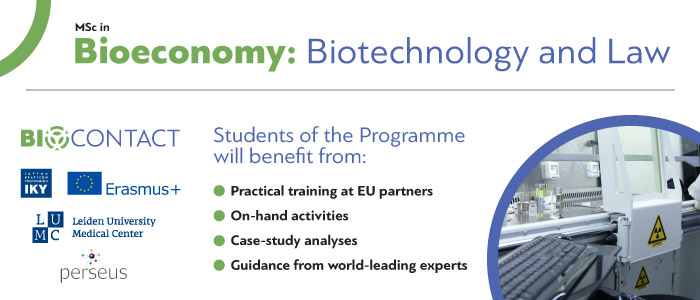
BioContact Kick-off Meeting
Erasmus + BioContact Kick-off meeting was organized between 15 and 16 January 2019 at IHU Campus. Our Partners include word-leading experts on Biosafety from Leiden University, Netherlands and the Belgium-based Perseus Company. During the meeting all participants concluded that it was a very constructive and productive two-day meeting, necessary for the smooth and successful implementation of the project’s outputs and proposed actions.
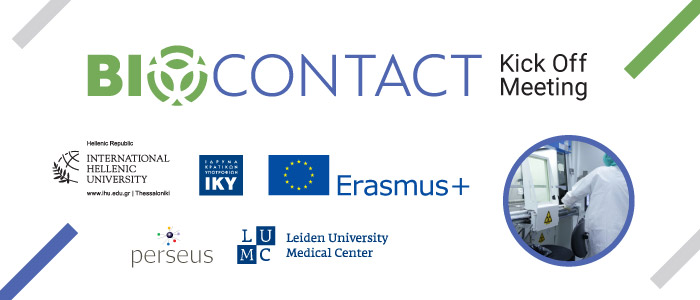
IHU Students @ Belgium for a BioContact training
During the period 6-13 July 2019, the students of the IHU MSc in Bioeconomy: Biotechnology and Law, had the unique opportunity to visit the beautiful city of Ghent, as well as other cities of Belgium, such as Brussels and Antwerp.
The BioContact Training included:
- Guidance by the biosafety experts of Perseus company in the research facilities of various Institutes, Universities and Research Centers.
- Training by renowned academics and biosafety officers in biosafety subjects and laboratory quality control.
- Attendance of several lectures on biosafety measurements by experts from Belgium and the Netherlands.
- Visit of the laboratories and research facilities of the University of Ghent, the free University of Brussels and the Institute of Tropical Medicine in Antwerp.
- Visit of the animal experiment facilities of the University of Ghent, making students familiar with all the procedures in place to protect animal welfare, human health and the environment.
- Visit of the labs and plant growth rooms of the Flemish Institute for Biotechnology (VIB).
- Presentation with outmost success of students’ semester assignments in front of an audience of biotechnology academics and professionals, impressing them with the structure and quality of the essays and presentations.
- A warm welcome by the Greek ambassador and the Greek delegation in Brussels, where they talked about the work flow of the EC, the decision making processes in the European Parliament, and their experiences as students of the MSc in Bioeconomy: Biotechnology and Law.
Lab Facilities
IHU Molecular Ecology/Molecular Biology Lab
Please visit the IHU Molecular Ecology/Molecular Biology Lab webpage
Soil Ecology Lab
Please visit the Soil Ecology Lab webpage
Schedule
The duration of the MSc in Bioeconomy: Biotechnology and Law depends on the kind of stream being chosen by the students. This stream is determined by the nature of the undertaken dissertation (experimental or non-experimental dissertation). For students who will choose a non-experimental dissertation, the full-time attendance of taught courses for two academic semesters and the preparation of a master’s dissertation for one more semester are required. For those who will choose an experimental research-based dissertation, the programme’s curriculum requires the full-time attendance of taught courses for two academic semesters plus two academic semesters for the preparation of the master’s dissertation. For students who wish to attend the programme on a part-time basis, the programme gives this possibility upon their request. In this case, the duration of the MSc is doubled.
Teaching takes place on weekends. The programme is also available in distance learning mode. The attendance of lectures is compulsory. There is a limit of absences allowed (for more information please consult the Programme Handbook). The programme starts every November.
Weekly course timetable
The Academic Faculty
| Monokrousos Nikolaos,
Director |
Associate Professor, International Hellenic University |
| Archontakis Fragiskos | Lecturer, International Hellenic University |
| Emmanouil Christina | External Associate (Dr.), Laboratory teaching personnel, Aristotle University of Thessaloniki |
| Galetsi Panagiota | Academic Scholar (Dr.), Management-Decision Making, International Hellenic University |
| Gijsbert van Willigen | Head of department of biosrisk management, Leiden University Medical Center, Netherlands |
| Kroustalis Ioannis | Academic Scholar (Dr.), International Hellenic University
https://www.ihu.gr/ucips/wp-content/uploads/sites/4/2023/10/CV-Ioannis_Kroustalis.pdf |
| Mollaki Vasiliki | External Associate (Dr.), National Bioethics and Technoethics Commission |
| Papakostas Spyridon | Assistant Professor, International Hellenic University |
| Petrakis Spyridon | External Associate (Dr.), Researcher, Centre for Reasearch and Technology- Hellas (CERTH)
https://www.inab.certh.gr/contact/personnel/10-researchers/156-spyros-petrakis |
| Trova Eleni | Assistant Professor, International Hellenic University
https://www.ihu.gr/ucips/wp-content/uploads/sites/4/2024/06/cv_Trova_2024_eng-1.pdf |
| Vidalis Panayiotis | External Associate (Dr.), National Bioethics and Technoethics Commission |
| Vorgias Konstantinos | External Associate, Professor, National and Kapodistrian University of Athens
http://www.biol.uoa.gr/fileadmin/biol.uoa.gr/uploads/Full_CVs/Vorgias_C_Eng.pdf |
| Zografou Stella | Laboratory teaching personnel (Dr.), International Hellenic University |
Fees & Financing
Fees
The programme fees for the MSc in Bioeconomy: Biotechnology and Law is 2,700€. The amount is payable in two instalments for the full time mode or in four instalments for the part time mode at the beginning of each semester. The fees are also eligible for financing through LAEK – OAED programme.
Deposits
If you have been accepted to a postgraduate programme, you will need to make a payment of the deposit of 500 Euros to secure your place. This amount will count towards the first instalment of your tuition fees. The deposit is non-refundable once you have commenced your studies at the IHU. Prior to that, a refund can be made but a 20% administrative fee will be retained. The deposit can be paid by bank transfer or bank draft. Credit card payments can be made through electronic banking (contact your Bank as handling fees may apply).
*For non-EU students, an advance payment of 1.350 Euros out of 2.700 Euros towards the tuition fees must be paid.
Scholarships
The School of Humanities, Social Sciences and Economics offers a number of scholarships for the programmes it offers, covering a significant proportion of the fees. These scholarships are competitive. Award criteria include the quality of the first degree, the undergraduate grades of the candidate, his/her command of the English language and overall profile. Candidates for scholarships should include a separate letter with their application documents in which they request to be considered for a scholarship, stating the reasons why they think they qualify.
MSc in Bioeconomy: Biotechnology and Law – Excellence awards for the academic year 2025-2026!
The MSc in Bioeconomy announces the ‘Excellence awards’ for the academic year 2025-2026 by providing 25% tuition discount to candidates who hold an undergraduate university degree of 7.5/10 and above. For more information please contact the Programme Manager on (+30) 2310 807526.
MSc in Bioeconomy: Biotechnology and Law – Excellence awards for the academic year 2024-2025!*
The MSc in Bioeconomy announces the ‘Excellence awards’ for the academic year 2024-2025 by providing 25% tuition discount to candidates who hold an undergraduate university degree of 7.5/10 and above. For more information please contact the Programme Manager on (+30) 2310 807526.
*applies to students that registered during the spring semester of the academic year 2024-2025.
Programme announcement – Admissions
The next intake in the MSc in Bioeconomy: Biotechnology and Law starts in November 2025. Interested parties are invited to submit their online application by 31 July 2025 (non-Greek applicants) / 1 September 2025 (Greek applicants) or until places are filled, by following instructions at the applications page.
Programme announcement: ENG-GR
Ideal Career path
The graduates of the programme will be equipped with specialist expertise and high-level cognitive skills to become autonomous/self-directed professionals or find employment in consulting, policy and management roles in the sectors of biotechnological product development, regulation, management and marketing. Career opportunities may be found in:
- Biotechonological product enterprises of various sizes
- Cooperatives and industries of the biotechnology sector
- NGOs involved in bioethics and biosafety policy, rural development and environmental protection
- Government and local/rural agencies
- Research institutes
- National and international organizations active in bioproduct regulation and marketing
- Consulting agencies and environmental law firms
Advisory Board
Members
- Dr. Vidalis Panayiotis, Researcher, National Bioethics and Technoethics Commission https://www.ihu.gr/ucips/cv/panayiotis-vidalis
- Vorgias Konstantinos, Professor, National and Kapodistrian University of Athens http://www.biol.uoa.gr/fileadmin/biol.uoa.gr/uploads/Full_CVs/Vorgias_C_Eng.pdf
- Dr. Petrakis Spyridon, Researcher, Centre for Reasearch and Technology- Hellas (CERTH) https://www.inab.certh.gr/contact/personnel/10-researchers/156-spyros-petrakis
Quality Assurance & Evaluation Reports
Quality Assurance Policy
Evaluation Reports
Useful Documents
Student Ombudsman
https://www.ihu.gr/synigoros-foititi
Student Ombudsman (PDF in Greek)
Research Ethics Regulation
https://www.ihu.gr/modip/wp-content/uploads/sites/5/2022/12/Research_Ethics.pdf
Location
The MSc in Bioeconomy: Biotechnology and Law takes place in the facilities of the School of Humanities, Social Sciences and Economics of the University Center of International Programmes of Studies of the International Hellenic University in Thermi-Thessaloniki.
Contact
Postal address:
School of Humanities, Social Sciences and Economics
Department of School of Humanities, Social Sciences and Economics
University Center of International Programmes of Studies
14th km Thessaloniki – Nea Moudania 570 01 Thermi, Thessaloniki, Greece
Tel: +30 2310 807 526/523/530
Email: infoshsse@ihu.edu.gr












